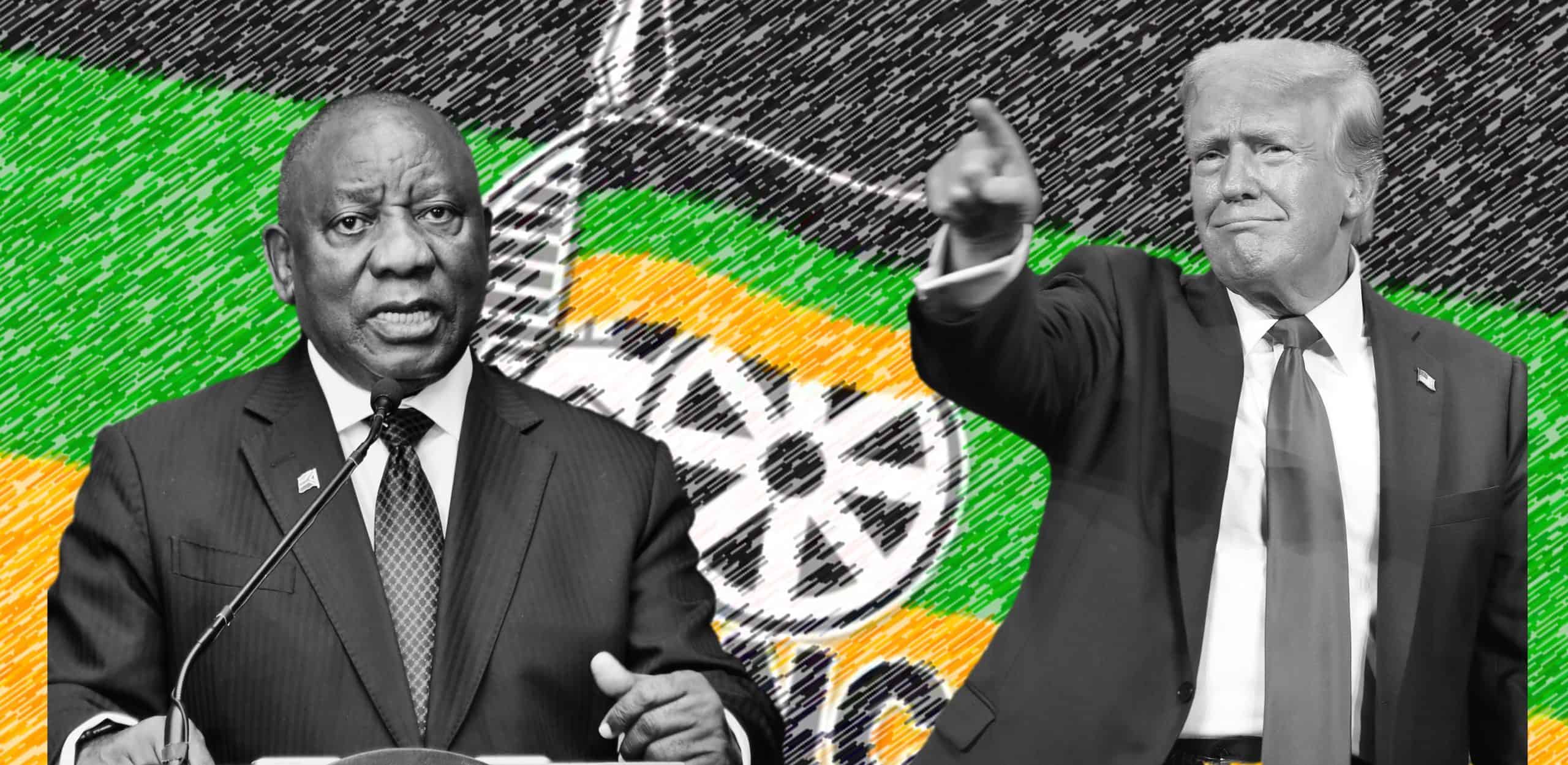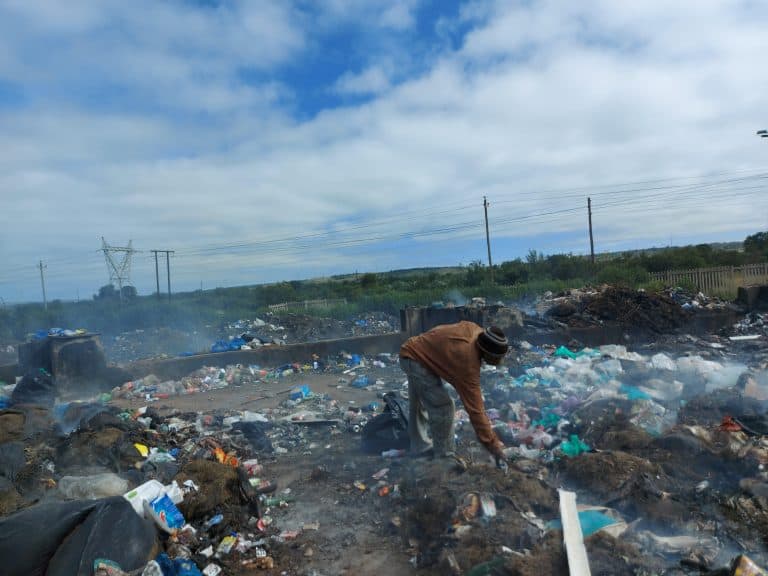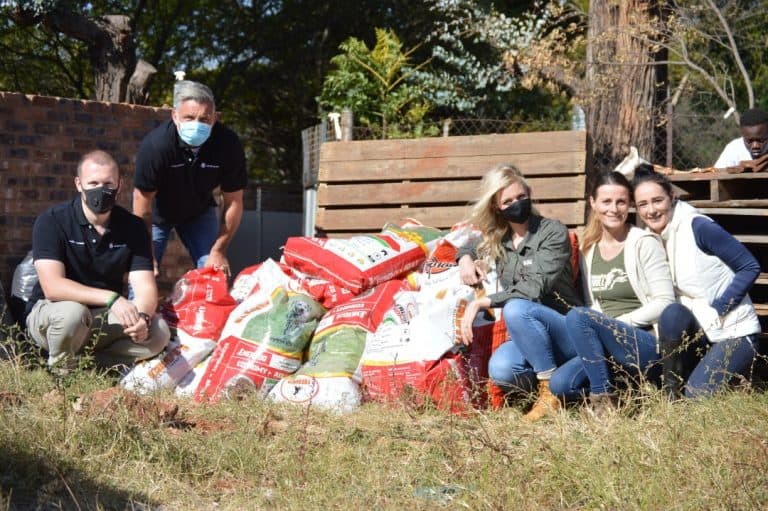Trump tariffs: Ramaphosa and the ANC-led government failed South Africa
AfriForum holds President Cyril Ramaphosa and his ANC-led government directly responsible for the 30% tariff that US President Donald Trump announced yesterday on imports from South Africa. The organisation maintains that Ramaphosa and his government falsely tried to dismiss the US’ concerns as the result of misinformation when they should have instead acknowledged and actively resolved the US concerns. According to AfriForum, the country is now reaping the bitter fruits of the government’s failure to do so.
The tariff will come into effect on 1 August. It was suspended for 90 days to allow for negotiations. However, Ramaphosa and the ANC-led government wasted the 90-day grace period and made no progress in resolving the diplomatic crisis with the Trump administration. The civil rights organisation further maintains that those who helped promote the ANC’s false narrative and dismissed the highlighting of critical issues in US-South Africa relations as the spread of “misinformation” are also complicit in this crisis.
According to Ernst van Zyl, Head of Public Relations at AfriForum, AfriForum has repeatedly indicated ways in which the government can resolve the issues at the heart of the crisis. The civil rights organisation even offered assistance with finding workable solutions. “Instead of cooperating, the government has made unfounded allegations against AfriForum and claimed that the organisation is guilty of spreading misinformation. A desperate investigation for treason has even been launched against AfriForum – all for the ‘crime’ of pointing out the real issues,” Van Zyl continues.
“Since the start of the diplomatic crisis, AfriForum has been committed to finding solutions to the issues at the core of the problem. Addressing these issues will, however, require humility from the ANC-led government and an immediate ceasing of the approach of denialism that has been followed thus far. All is not lost, and AfriForum remains committed to helping find a workable solution and will continue to offer assistance to those willing to put the interests of the country above party interests,” Van Zyl concludes.
The Trump administration gave the South African government, along with other governments worldwide, three months to resolve the issues it raised. While many other countries quickly began negotiations, the ANC and its allies in the government of national unity adopted an ostrich approach, simply ignoring the issues in the hope that they would resolve themselves. Time has now run out, and the consequences of their inaction in addressing the issues will impose significant costs on the country.
Not all countries came out of this pause period empty-handed. For example, countries such as China, Vietnam, and the United Kingdom have managed to secure favourable trade deals through effective negotiations and their willingness to address the issues the Trump administration raised.
Ignorance is also no excuse. The Trump administration recently reiterated its conditions and demands for salvaging diplomatic relations with the South African government to an Afrikaner delegation to the White House. They emphasised, firstly, that farm attacks and murders should be classified as priority crimes; that the ANC should clearly, unconditionally and unequivocally publicly condemn the “Kill the Boer” chant; and that no land expropriation will be done without fair and market-related compensation. Finally, American institutions should be exempted from all discriminatory race-based legislation such as black economic empowerment (BEE).
A responsible government would have used the 90 days to solve each of the US’s issues with the country. None of these problems are insurmountable. On the contrary, the solutions outlined are quite fair, sensible and easily implementable by any government that does not pursue an extremist ideology.











